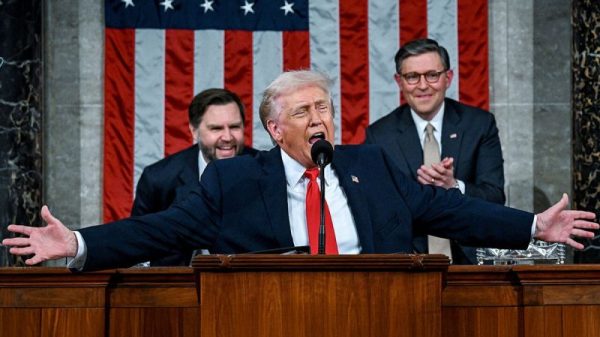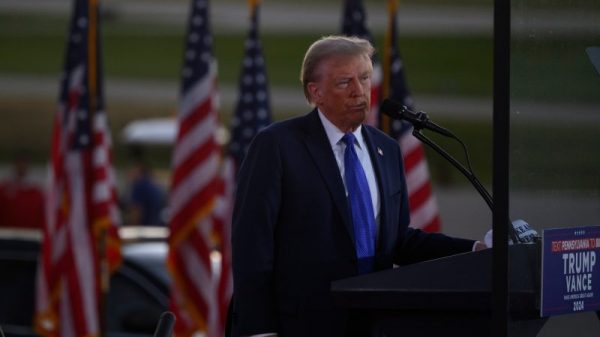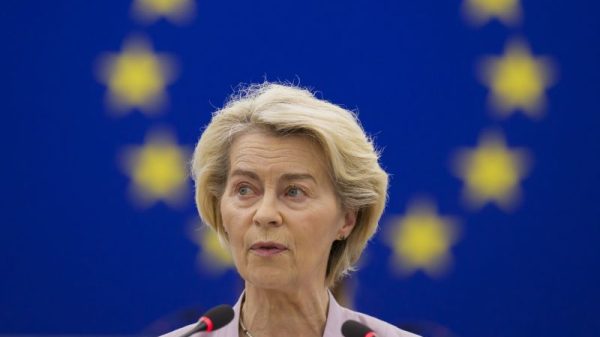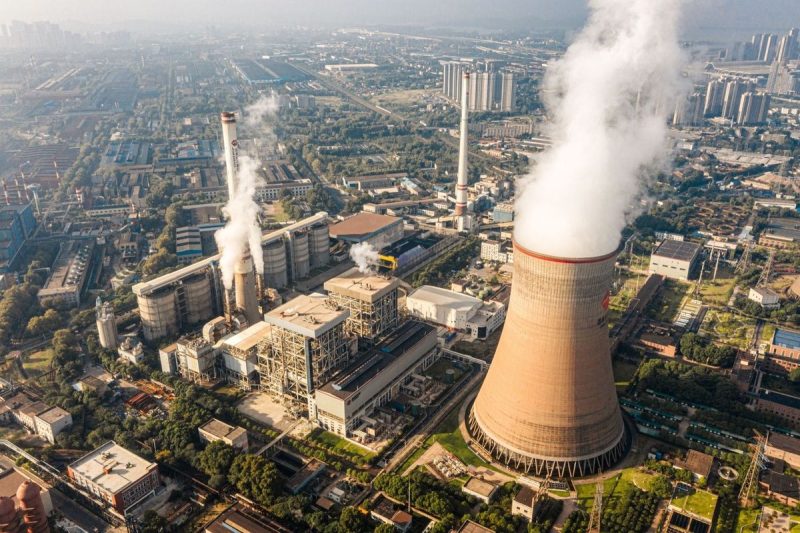In a move to boost its nuclear energy capacity, China’s State Council has approved the construction of 11 new nuclear reactors across five provinces, with a total estimated investment of US$31 billion.
Bloomberg reported on Monday (August 19) that the reactors are set to be completed in five years, and will be built across sites in Jiangsu, Shandong, Guangdong, Zhejiang and Guangxi. China National Nuclear (CNNC) and China General Nuclear Power Group (CGN), both state-owned entities, will oversee the majority of these projects.
The reactors are part of China’s broader strategy to double its nuclear energy production by 2035.
Two of CNNC’s reactors will be Hualong One models, as will six belonging to CGN. These reactors rely almost entirely on domestically produced components, reflecting China’s ongoing emphasis on technological self-sufficiency.
CNNC will also construct a high-temperature gas-cooled reactor, a fourth-generation design that enhances safety features while generating both heat and electricity. In total, CNNC has been approved for three reactors, while CGN has been approved for six. A third company, State Power Investment, has been approved for two reactors.
The approval of these projects aligns with the Asian powerhouse’s broader commitment to diversifying its energy mix. Currently nuclear power accounts for 5 percent of the country’s electricity generation. China has a long-term plan to increase this to 10 percent by 2035, alongside a massive expansion in renewable energy projects such as wind and solar.
According to a report from think tank Global Energy Monitor, China is responsible for nearly two-thirds of the global wind and solar projects currently under construction. The country is also adding 339 gigawatts of new utility-scale wind and solar capacity, which is more than eight times the project pipeline in the US, the second largest market for renewables.
This rapid growth in renewable energy has already begun to shift China’s energy landscape. In May, 44 percent of its electricity generation came from non-fossil fuel sources, including solar, wind, nuclear and hydropower. Coal’s share of electricity generation fell to 53 percent, a record low, down from 60 percent in the same period the previous year.
The rise in renewable energy has also led to a decline in China’s CO2 emissions. Data from the China Electricity Council and analysis by the Asia Society Policy Institute suggests its emissions from the power sector may have peaked in 2023.
Reuters reported last month that the country’s solar power generation rose 78 percent year-on-year in May, while wind power saw a more modest 5 percent increase. Overall, the increase in renewable energy capacity has contributed to a 3.6 percent decline in emissions from the power sector, even with higher total electricity demand.
As further developments in China’s renewable energy infrastructure continue, the nation’s trend toward falling emissions is expected to increase as projects reach completion.
Securities Disclosure: I, Giann Liguid, hold no direct investment interest in any company mentioned in this article.






































